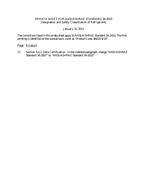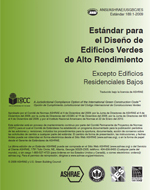Description
Occupants’ presence, activities, and interaction with buildings’ systems play a vital role in modeling household energy demand. However, the currently available energy models overlook this essential parameter by oversimplifying occupants’ parameters and neglecting the population’s heterogeneity, leading to overestimating the peak loads and improper systems’ sizing. In this context, developing scalable, adaptable, and representative occupancy models is essential for developing reliable energy models. The literature showed various attempts to build such data-driven occupancy models, increasing interest in developing survey-based models using the Time Use Surveys (TUS) data. The TUS-based models showed promising results in simulating occupancy, activities, and related energy consumption. However, the Canadian TUS data is rarely used for calibrating TUS-based models, and representative district-scale occupancy profiles are essential for applying research activities on Canadian residential districts. In this paper, a bottom-up TUS-based model is proposed to simulate a residential district occupancy schedule in Canada during weekdays and weekends. The model is based on the Monte Carlo Semi-Markov method with an adjustable spatial scale from a single building to the district level. The proposed model is adjustable in terms of number of activities and the temporal resolution based on required application and granularity level, and it considers the impact of occupants characteristics (age, gender,..etc.). and day type on the generated activities profiles. The obtained occupancy schedules are valuable inputs for enriching urban building energy models, especially designing demand response programs and integrating renewable energy systems applications.
Product Details
- Published:
- 2022
- Number of Pages:
- 10
- Units of Measure:
- Dual
- File Size:
- 1 file , 2.5 MB
- Product Code(s):
- D-LV-22-C002
- Note:
- This product is unavailable in Russia, Belarus




